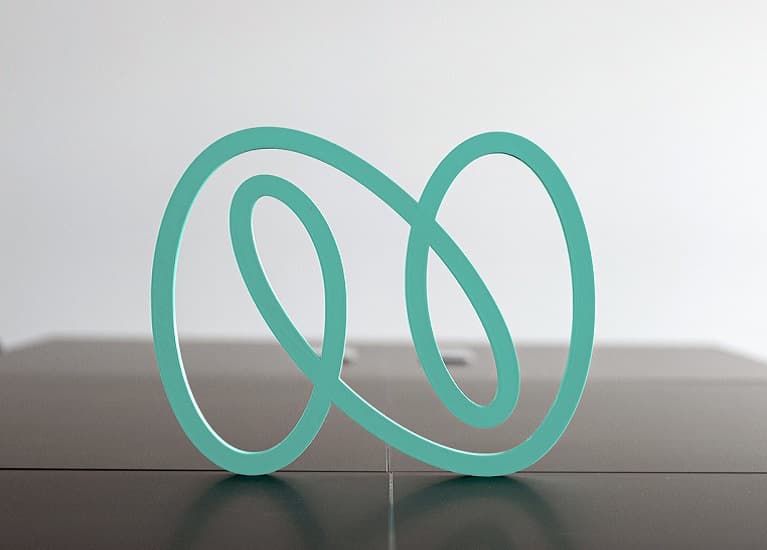Martin Hack
 Most probably, you all have discovered this phenomenon - you plan an important project (let it be a new kitchen, renovation of your flat/home, you move to a new city). You do not do this often, it is not your core competence at all and it is a bit complicated to assort all the options you have, what to do in what sequence, what on your own and what with professional help.
Most probably, you all have discovered this phenomenon - you plan an important project (let it be a new kitchen, renovation of your flat/home, you move to a new city). You do not do this often, it is not your core competence at all and it is a bit complicated to assort all the options you have, what to do in what sequence, what on your own and what with professional help.
Sometimes you get lucky and a player comes into the game you can blindly trust because he/she delivers the famous "handshake quality". What is the difference? What are the treatments of this cozy feeling of being handled well? Here are a few (non-exhaustive) elements:
- You get the feeling of being understood immediately (a lot of intelligent questions showing the "have done it before" experience level).
- There is a bidirectional flow of inspiration getting into place - you learn more about how to solve these kinds of problems because the problem resolution processes are transparent.
- You get a structure before solutions of singular problems. So, you get a feeling of the "path-through".
- You get an awareness of upcoming decisions ("no surprise"). In case reflection of a decision is needed, it is done in an open way based on arguments from both sides. Once the decision is taken (whatever direction), the switch is on "execution" for all.
- There are exceptions (otherwise it is not a problem we talk about here) but each exception is acknowledged in an objective way and always comes along with either a solution proposal or, in case a bit more complex, with options and a recommendation.
- After a few trust building successes, you will loosen controls and transfer more responsibility.
In a fortunate coincidence, you find a true partnership leading to claims like – “he/she handles my renovation as it were his/her own” – the highest level of trust. There is maximum care about budgets and resources coming into the game and the relationship develops. You, of course, recommend that service setup to all your friends around you and in case you can, you give-back these favors. When you explain this to your friends you tell them that you were doing “handshake contracts” and a word given once, counts.
This is, of course, a seldom coincident and it can only be established if the circumstances are set in the right way. Here are a few elements to be checked:
- Do recommendation and trust play a major role in your project setup? This can happen in very local setups (e.g., renovation within your hometown where you meet all the craftsmen during social live in tennis, golf or in your children’s school).
- Is quality a major driver for your project and can you afford to invest in it? Typically, you apply this kind of ecosystems when stakes are high in regards to risk, the number of resources you engage or the expected result.
When you transfer this way of thinking into IT-projects, and when assuming the above mentioned two criteria can be applied, does the following make sense?
- Purchase departments (sometimes inflated with external contracting consultancy) shape contract frameworks consisting of tons of mini-clauses trying to catch all exceptions limiting the room to maneuver for business and suppliers to zero?
- The effort for contracting and contract adoption gets a volume that endangers problem resolution resources from time and effort perspective?
Of course, it will become unhealthy to try it without contracts; but the contract shape, the solution, and the delivered customer experience should be in sync, as a basis for more handshake quality.




